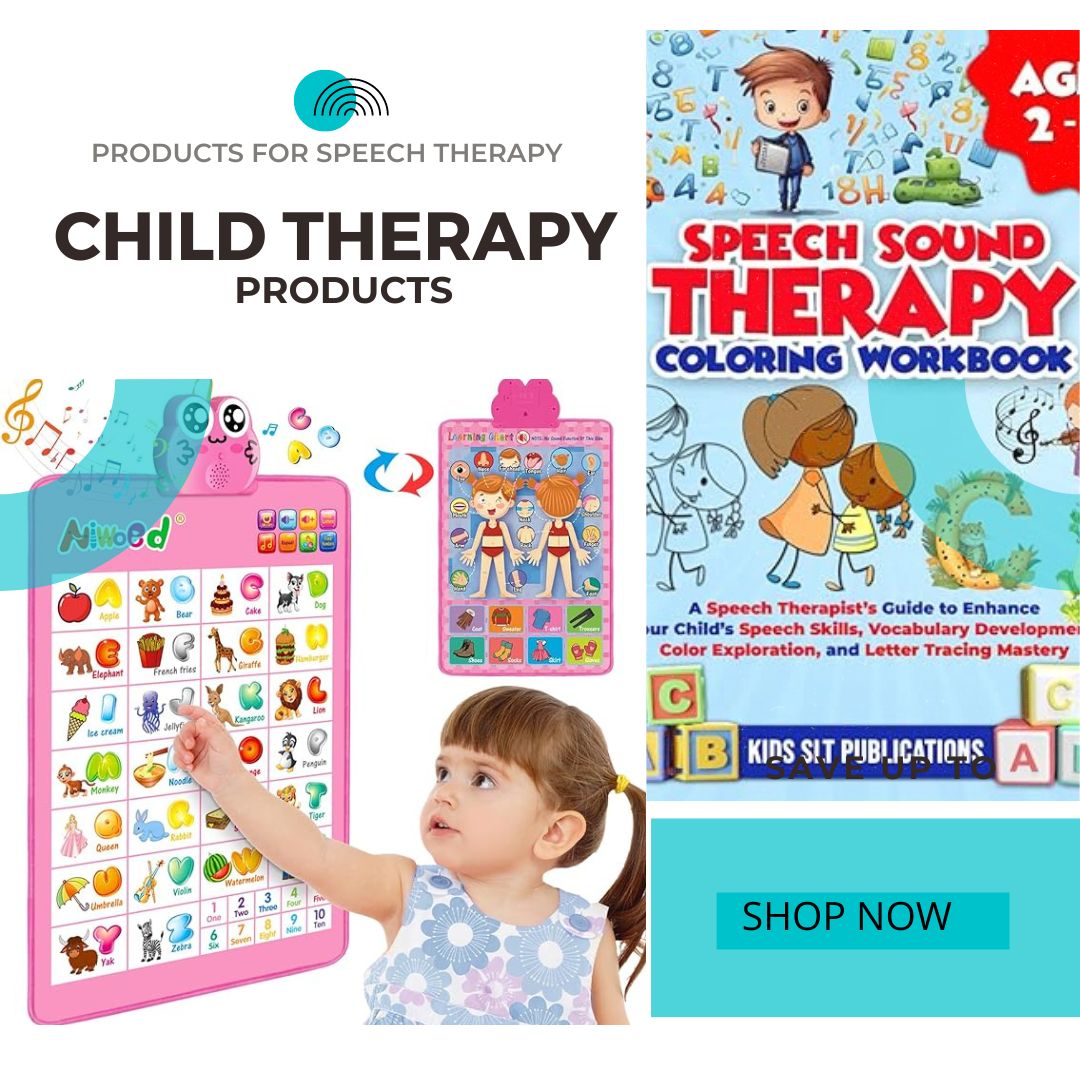Yes, speech therapy can indeed help with memory in certain cases. Speech therapists, also known as speech-language pathologists (SLPs), are trained professionals who specialize in evaluating and treating communication and speech disorders.
While speech therapy is commonly associated with helping individuals with speech and language difficulties, it can also have a positive impact on memory. Here are some ways in which speech therapy can help improve memory:
- Cognitive-Communication Therapy: SLPs may use cognitive-communication therapy techniques to address memory deficits in individuals who have suffered a traumatic brain injury, stroke, or other neurological conditions. This type of therapy focuses on improving memory, attention, problem-solving, and other cognitive skills that are essential for effective communication.
- Memory Strategies: SLPs can teach memory strategies to individuals who struggle with memory loss due to aging or other factors. These strategies may include techniques such as visualization, association, categorization, and repetition, which can help individuals encode and retrieve information more effectively.
- Language and Verbal Expression: SLPs can also work on improving language and verbal expression, which can indirectly impact memory. For example, individuals with language difficulties may struggle to understand and remember instructions, directions, or conversations. By improving language skills, individuals may be better able to process and retain information, leading to improved memory.
- Auditory Processing: Auditory processing refers to how the brain processes and interprets auditory information, such as speech and other sounds. SLPs can work on improving auditory processing skills, which can help individuals better understand and retain spoken information, leading to improved memory.
- Education and Counseling: SLPs can provide education and counseling to individuals and their families about strategies to improve memory, such as maintaining a healthy lifestyle, managing stress, getting adequate sleep, and engaging in cognitive activities, such as reading, puzzles, and games.
- Communication Devices: In some cases, SLPs may recommend and train individuals to use communication devices, such as memory aids or electronic organizers, to help compensate for memory difficulties.
It’s important to note that speech therapy is highly individualized and tailored to the specific needs and goals of each person. The effectiveness of speech therapy in improving memory may vary depending on the underlying cause of the memory difficulties, the severity of the condition, and other factors. A comprehensive evaluation by a qualified SLP is typically the first step in determining the most appropriate treatment plan for an individual.
In conclusion, speech therapy can be a valuable intervention for individuals struggling with memory difficulties. Through various techniques and strategies, speech therapy can help improve cognitive skills, language abilities, and auditory processing, all of which can indirectly impact memory. If you or a loved one is experiencing memory difficulties, consulting with a speech-language pathologist may be beneficial in determining if speech therapy can be a part of a comprehensive treatment plan.



